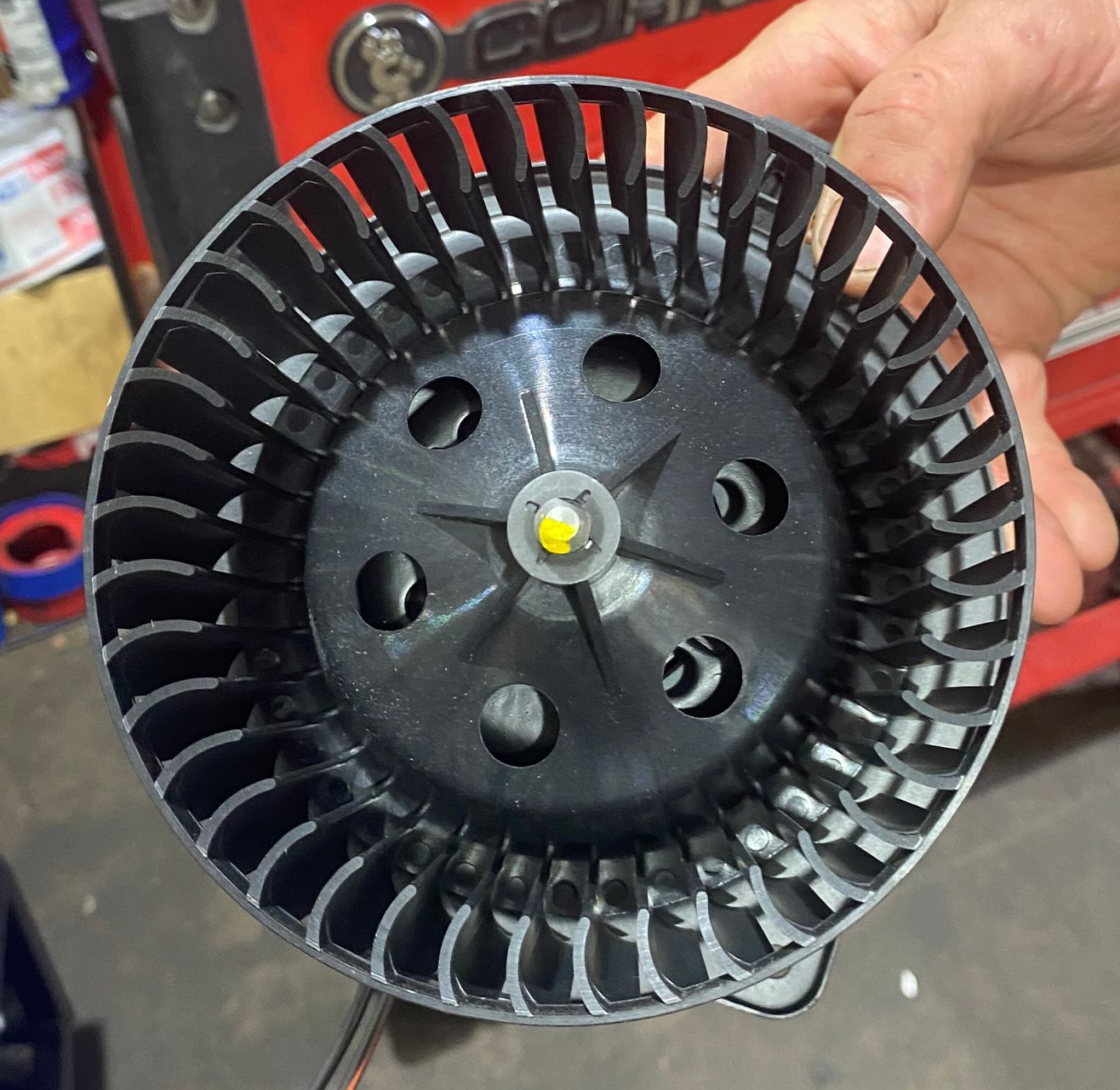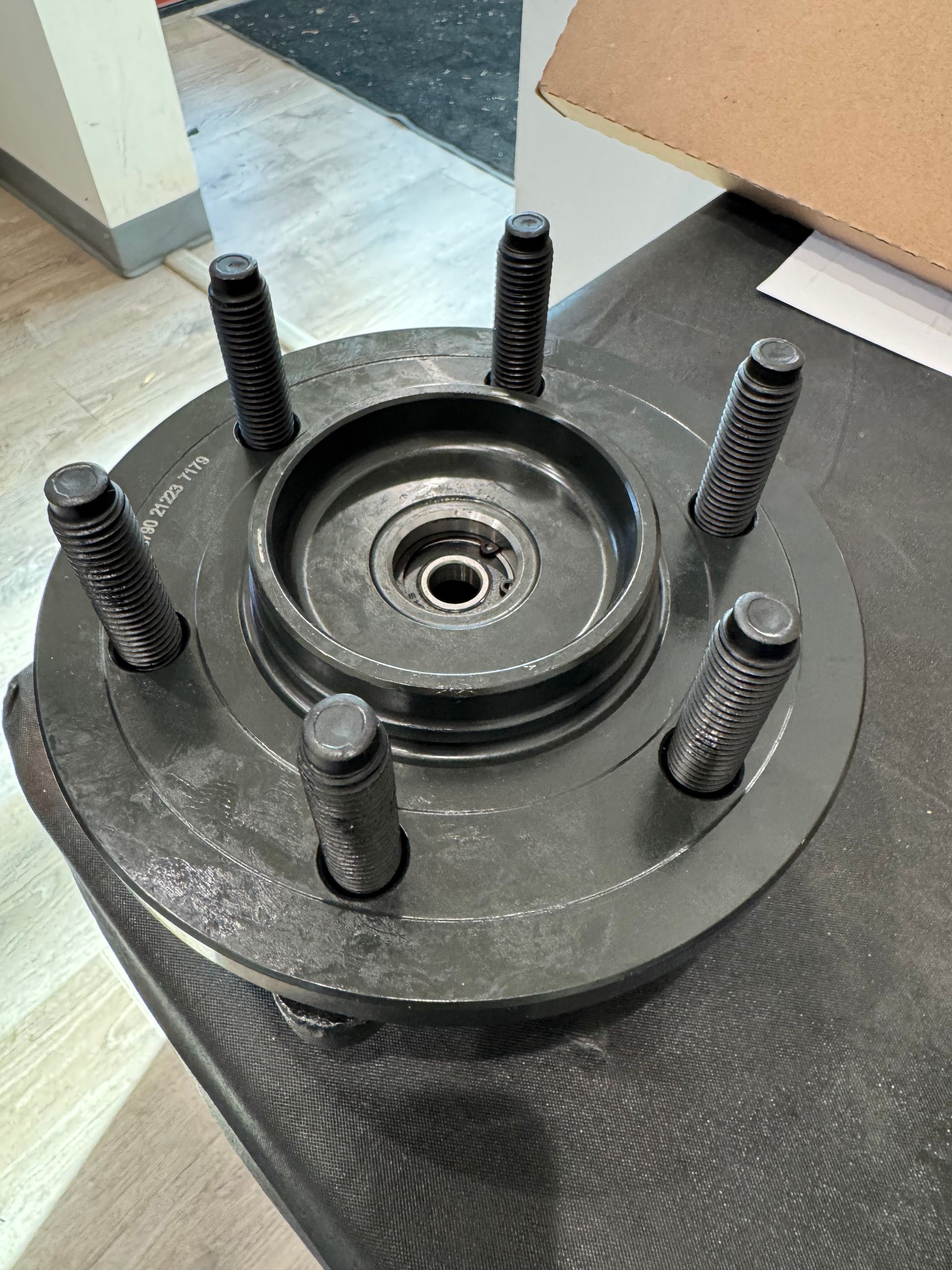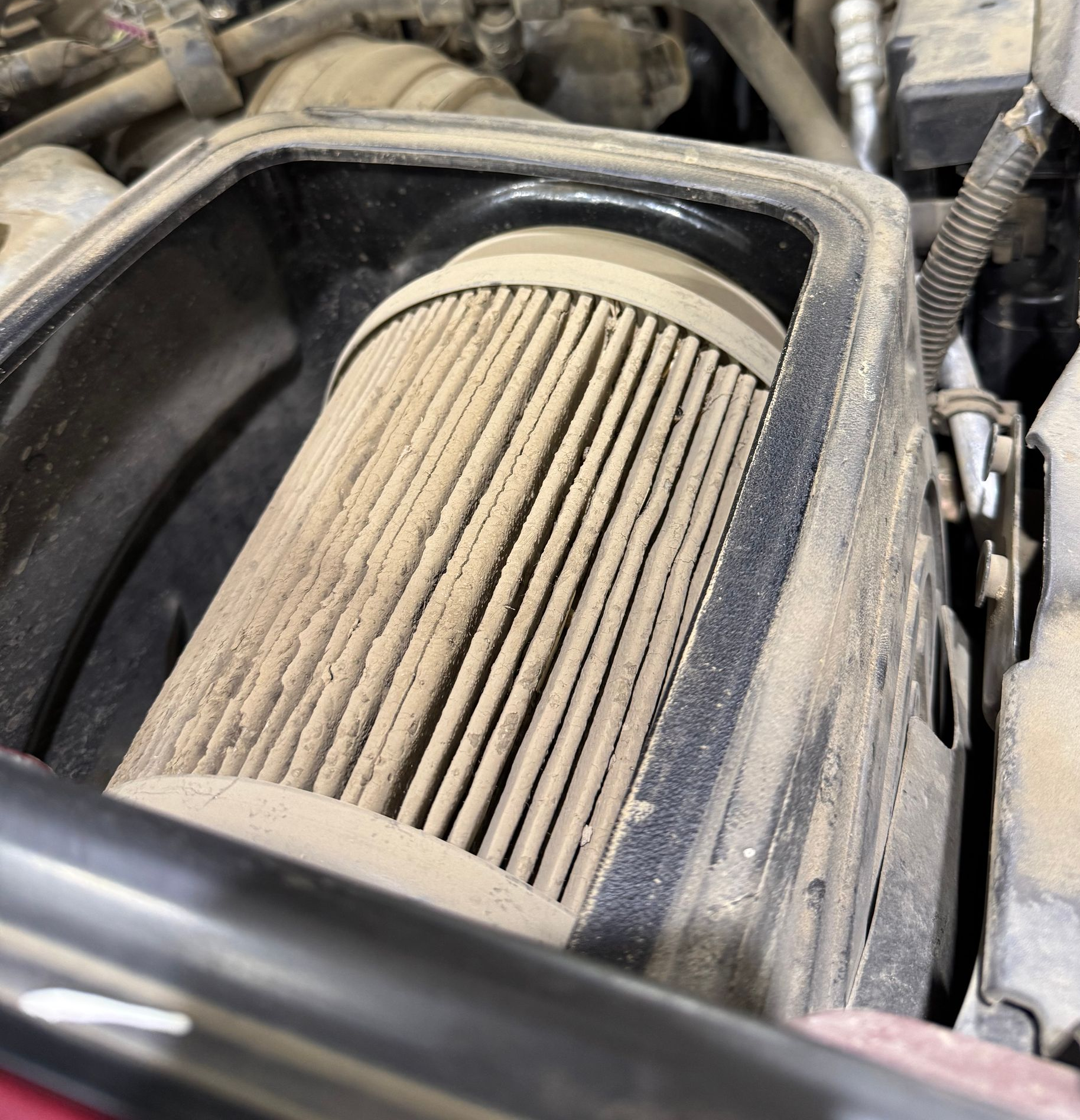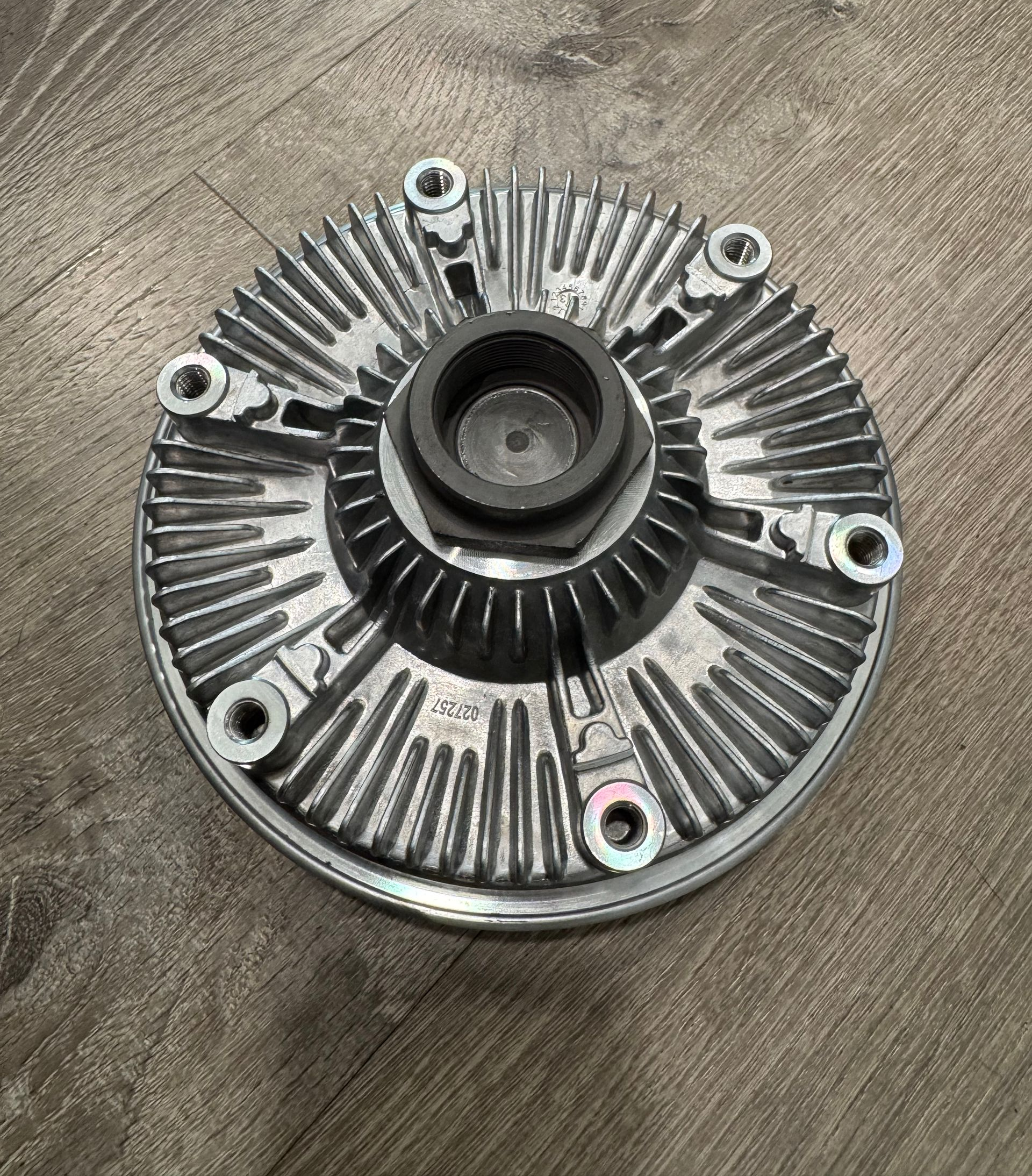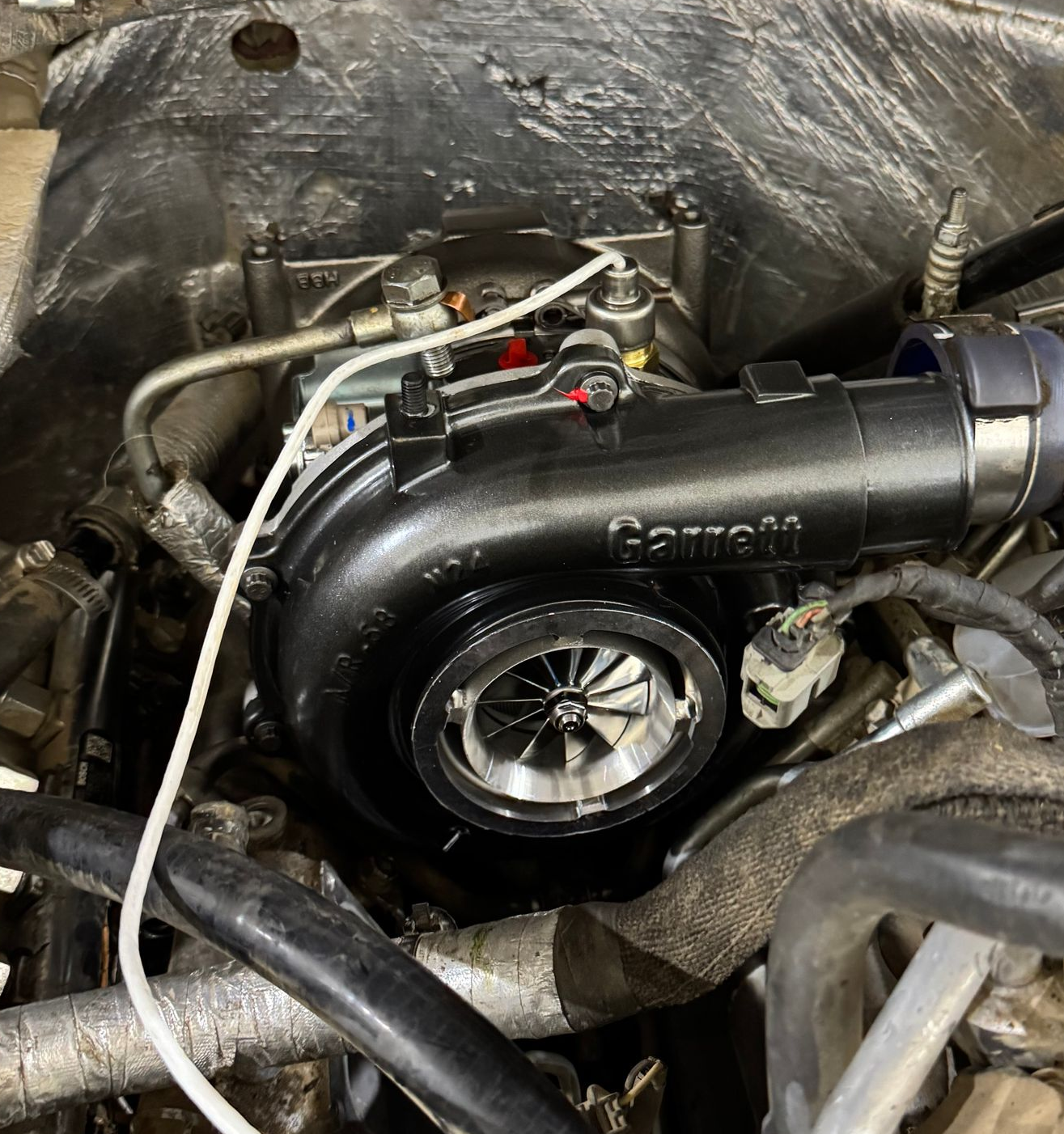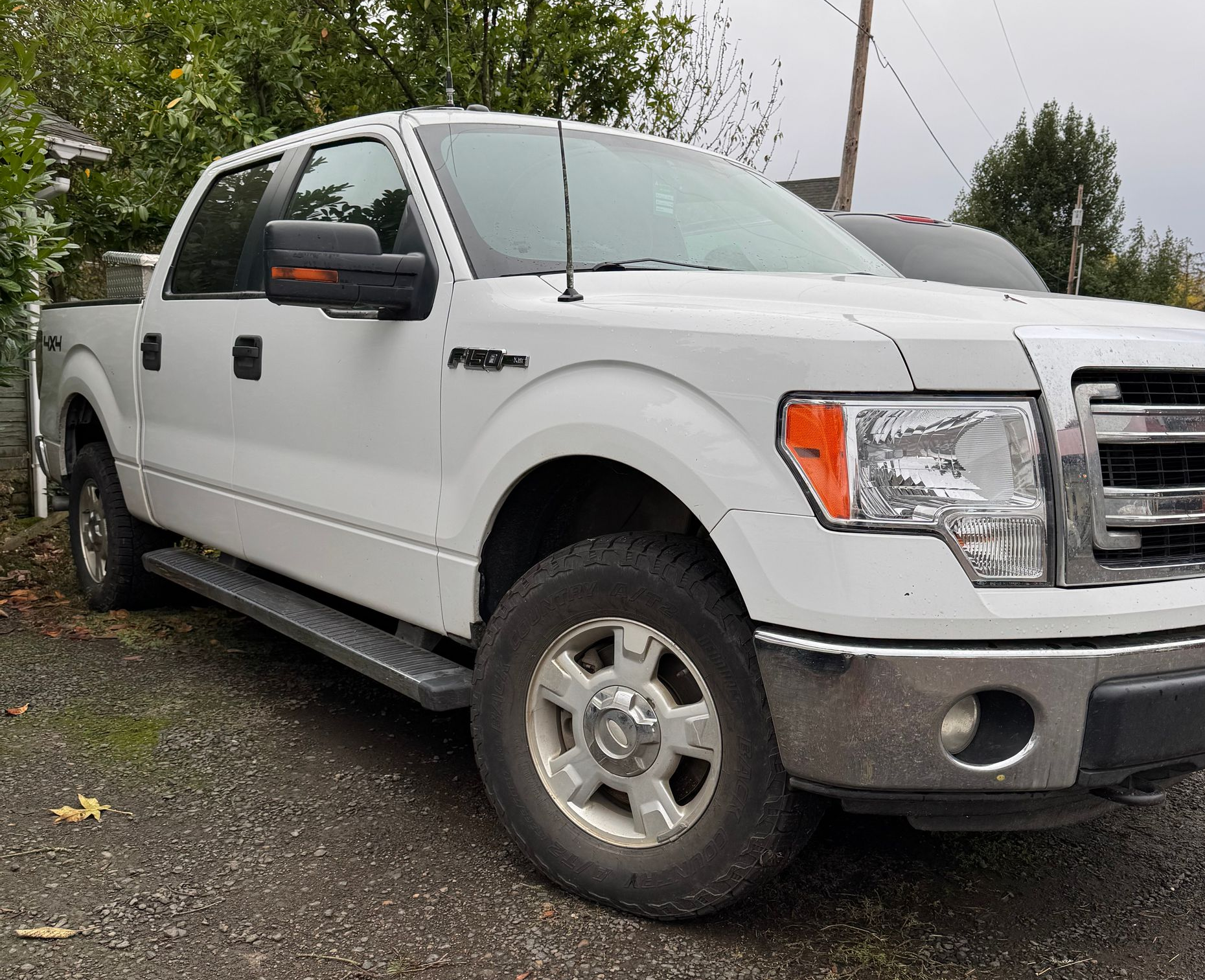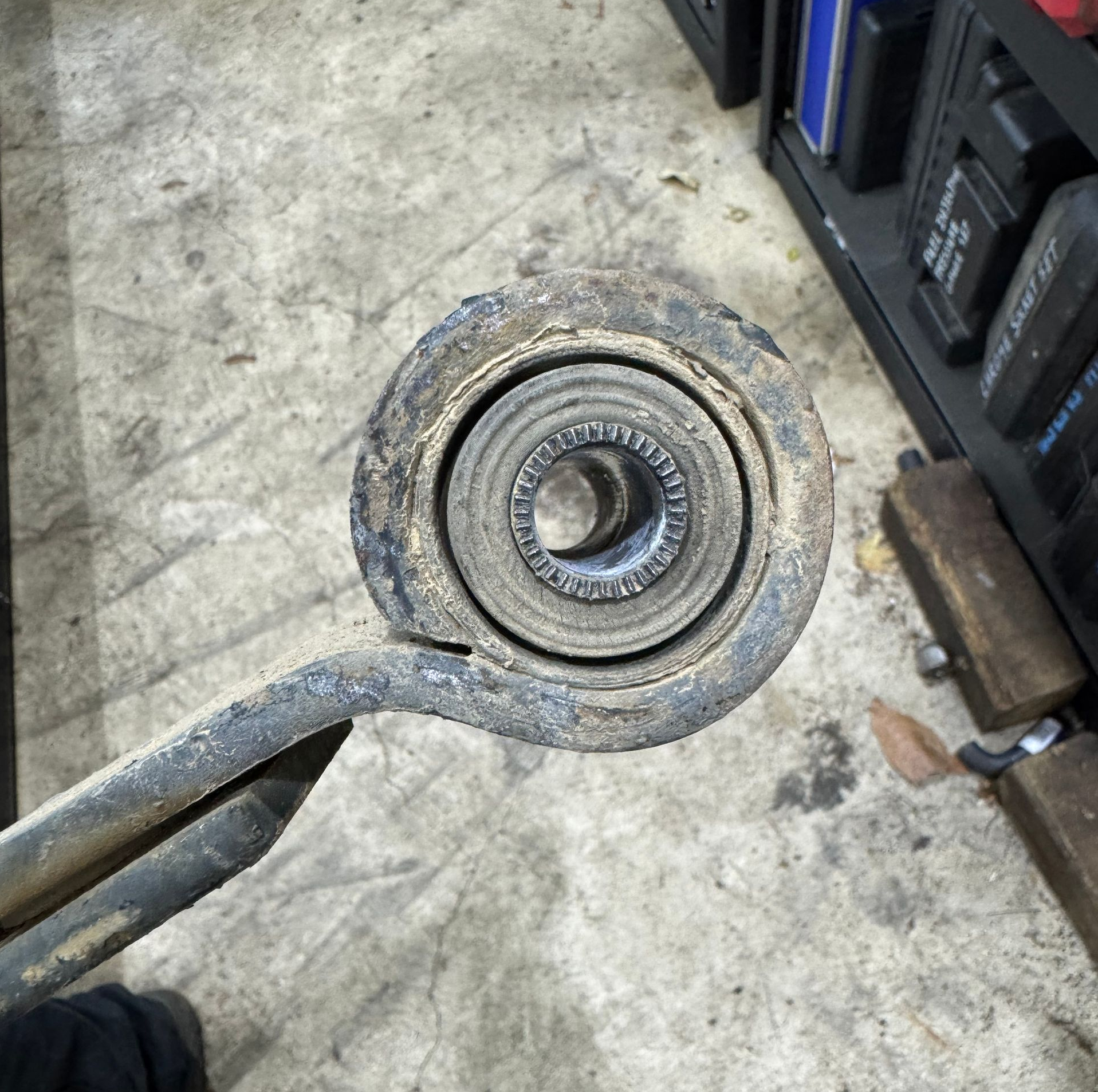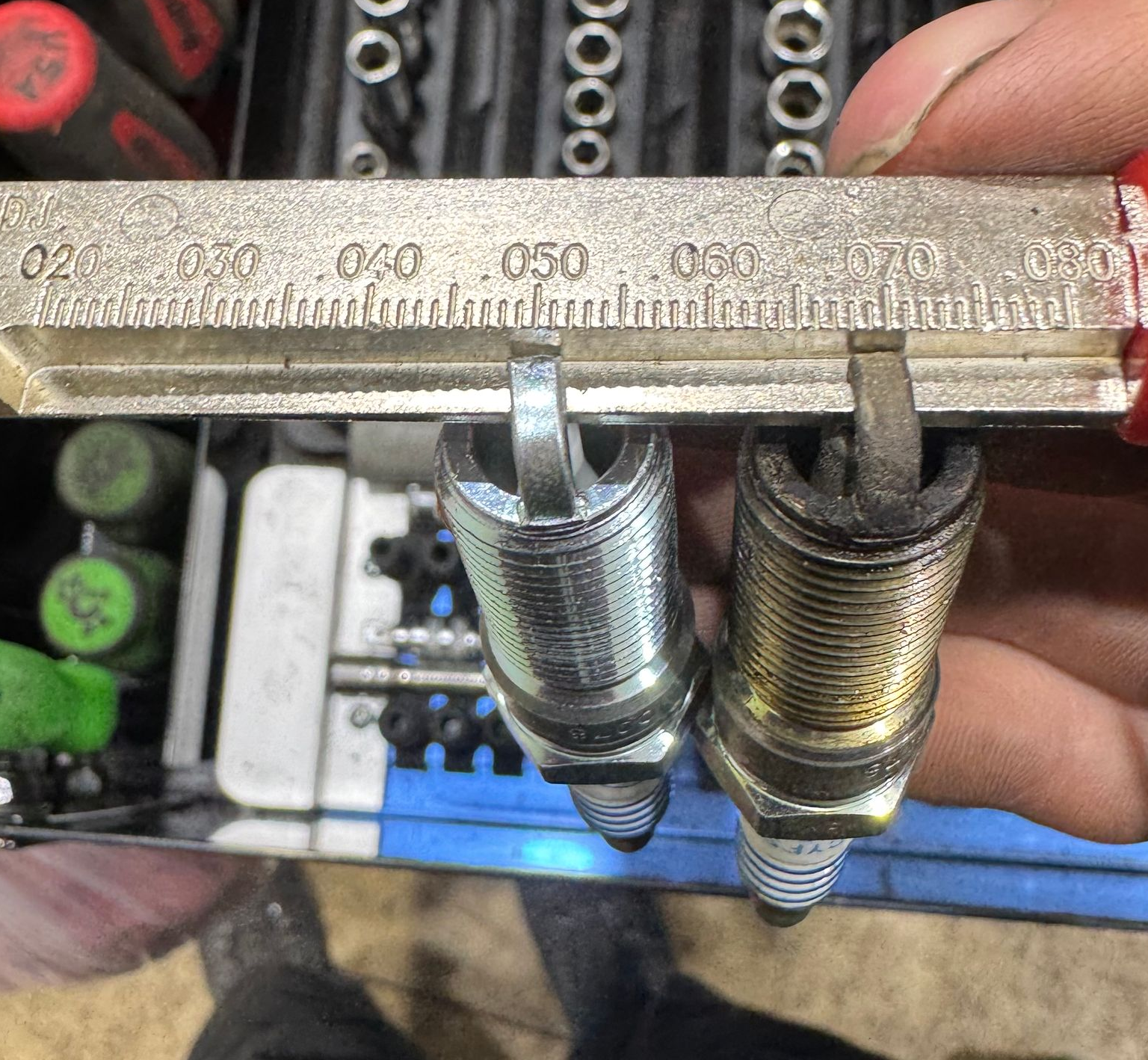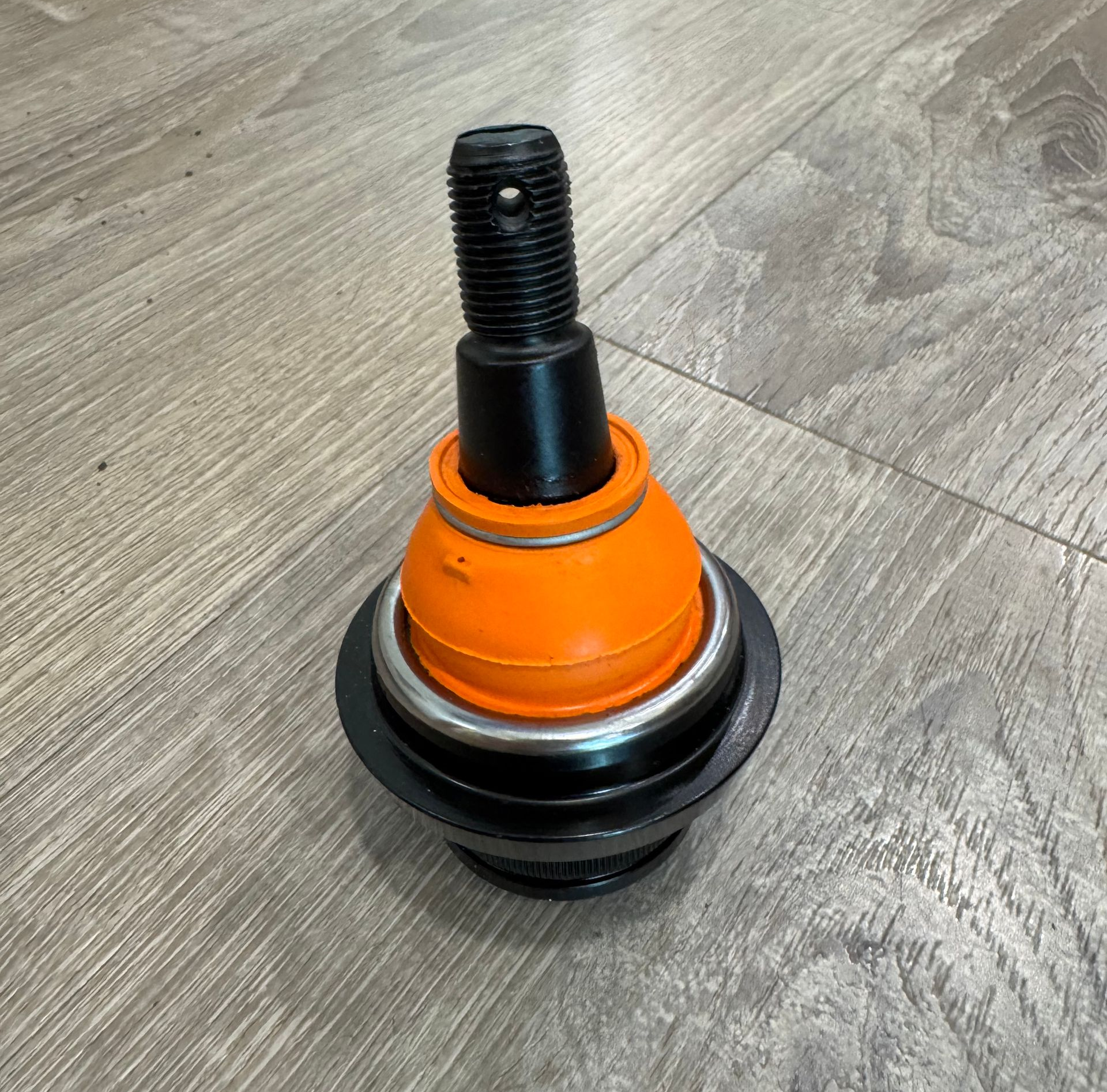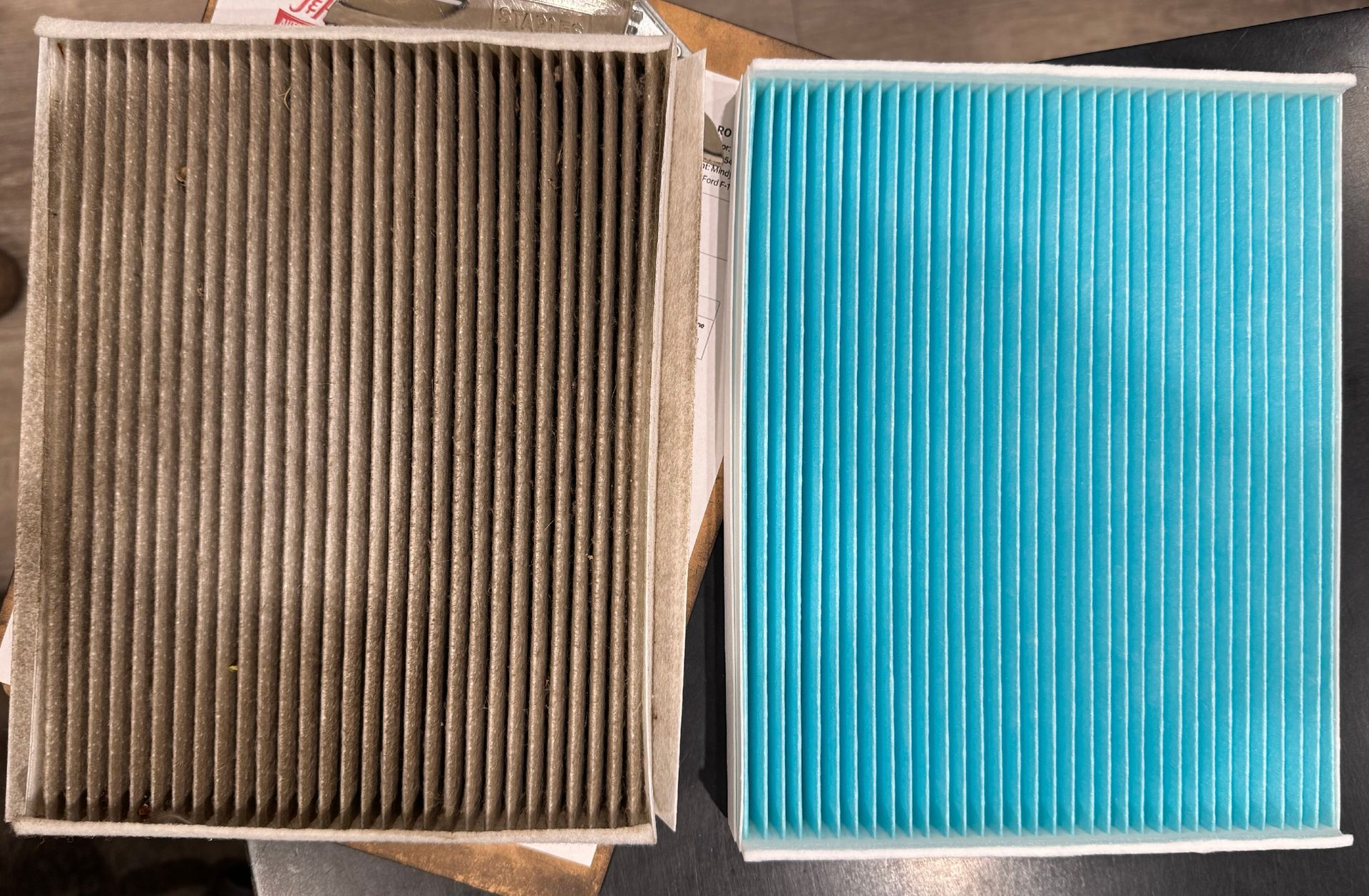Why is my car leaking oil
Discovering oil spots beneath your car can be alarming, signaling potential issues within the vehicle's engine or lubrication system. I
1. **Worn or Damaged Gaskets:**
Gaskets play a crucial role in sealing various engine components. Over time, gaskets can wear out or become damaged, leading to oil leaks. Common areas for gasket issues include the valve cover gasket, oil pan gasket, and the head gasket.
2. **Loose or Improperly Sealed Oil Filter:**
An improperly installed or loose oil filter can result in oil leakage. Ensuring that the oil filter is securely in place during oil changes is essential to prevent leaks.
3. **Cracked Oil Pan:**
The oil pan, located beneath the engine, can be susceptible to damage from road debris or impacts. A cracked oil pan can lead to significant oil leaks. Regular inspections and addressing issues promptly can prevent further damage.
4. **Damaged Oil Cooler:**
Some vehicles are equipped with an oil cooler that helps regulate oil temperature. If the oil cooler is damaged or has a faulty seal, it can result in oil leaks. Regular maintenance checks are crucial for identifying and addressing potential issues.
5. **Worn-out Seals and O-rings:**
Seals and O-rings within the engine can degrade over time, leading to oil leaks. Common areas for seal issues include the camshaft seals, crankshaft seals, and other components that rely on effective sealing.
6. **Malfunctioning Rear Main Seal:**
The rear main seal is located at the back of the engine and prevents oil from leaking out. If this seal becomes damaged or worn, it can result in significant oil leakage.
7. **Excessive Crankcase Pressure:**
High crankcase pressure, often caused by a clogged PCV (Positive Crankcase Ventilation) valve, can force oil out through seals and gaskets. Regular maintenance, including PCV valve checks, can help prevent this issue.
8. **Overfilled Oil Level:**
Adding too much oil during an oil change can lead to overfilled oil levels. This excess oil can cause increased pressure within the engine and result in leaks. Following proper oil change procedures is crucial to avoid overfilling.
Identifying and addressing oil leaks promptly is essential for maintaining the health and longevity of your car's engine. Regular inspections, recommended maintenance schedules, and addressing warning signs promptly are key steps in preventing and resolving oil leaks. If you notice oil pooling beneath your car or observe a drop in oil levels, give us a call and let us take care of you.
Happy Adventures,
Heather
Our specials can be found here - Specials - J & H Automotive, Inc
Ready to make an appointment … Appointments - J & H Automotive, Inc
Want to know more … About Us - J & H Automotive, Inc
Would you like to join our merry band of misfits? Careers - J & H Automotive, Inc

